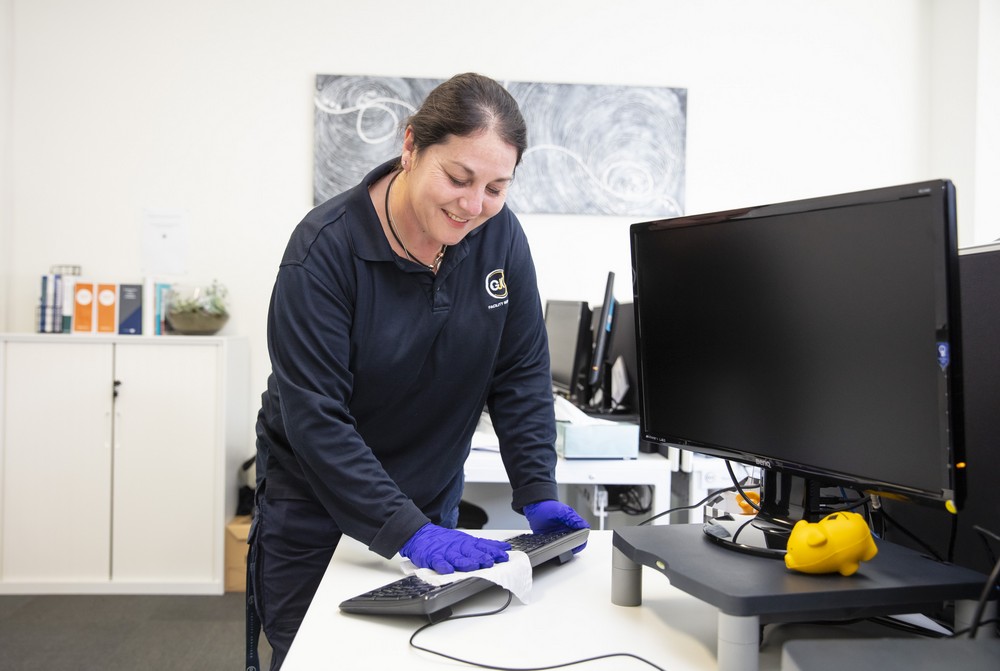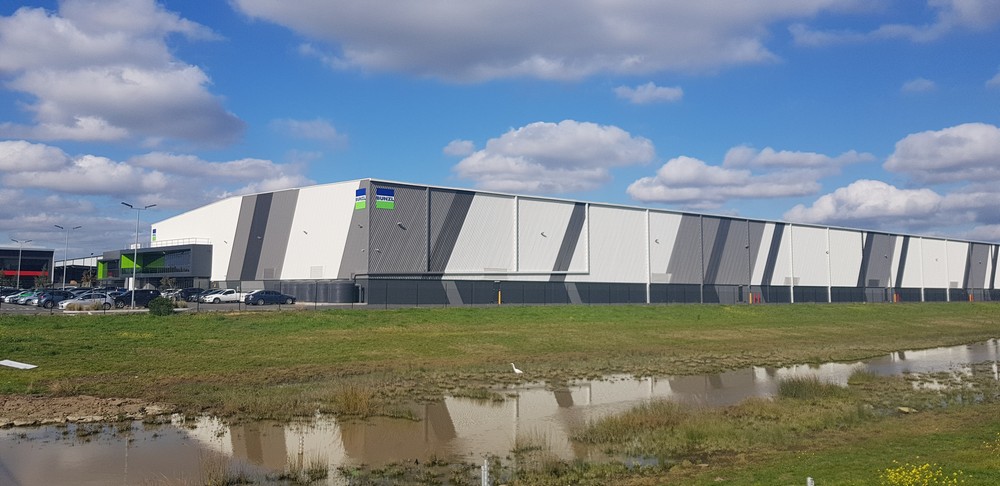
According to research the average net profit margin amongst the top 1,000 cleaning companies is less than 4%. So, for a company with a turnover of $ 10 Million that’s a $ 400,000 reward for 12 months of hard work – a figure that could easily be wiped out without tight financial control.
The concern for the cleaning industry at large is that hundreds, if not thousands of companies may not make any profit at all this year. But if the 4% average margin is right, it begs the question, “Without compromising service, what can be done about the 96% that represents a cleaning contractor’s cost base?”
Most contractors I meet use a combination of off-the-shelf packages and spreadsheets to run their key business processes. In doing so they experience the frustration of managing several unconnected systems (and suppliers), most of which don’t cater for the idiosyncratic nature of the cleaning industry.
As a result, when it comes to tight budget control, I am constantly met with the following fundamental failures:
1 – Payroll without Award Interpretation
It’s not easy running payroll every two weeks for hundreds of staff without some errors creeping in. Processing payroll without Award Interpretation makes it much harder, as someone has to keep a mental track of an employee’s hours to get their pay accurate. The obvious cost involved in getting it wrong is overpaying staff, but the more destructive (and costly) is underpaying staff for a long period of time.
Firstly, it’s an administrative burden on any payroll department to audit and rectify the pay of one or many employees. It also means that your Site Profit & Loss reports have been understated and on-cost accruals have been inaccurate. You may find out that a site has actually been losing money as a result.
2 – Budgeting for payroll by hours only
Australia offers cleaning companies the Modern Cleaning Award to navigate. As a result, the pay variances between Full Time, Part Time and Casuals can be as high as 35%.
The vast majority of potential customers I meet set wage budgets in hours only. A common trait is that “Excel” is used for timesheets and hourly budgets are tracked here. Area Managers fill these in and send them off to Payroll for processing. If the hours match, then staff are paid without any questions being raised.
The main problem with this method is that there is no financial check against the resulting pay those hours represent. If a Part-Time worker covers for a Full-Timer, the resulting ‘Gross Pay’ will be at least 15% higher. What’s more concerning is when the resulting pay is Overtime, because the employee who covers worked more than 7.6 hours on the day.
Once you add on-costs to this increase, your margin is rapidly eroding! Portable Long Service Leave in Victoria has now added 1.8% to contractors’ ordinary wages bill, so it’s more important than ever to track budgets pro-actively by looking at the Dollar value.
3 – Wages budget, fortnight-by-fortnight
Most companies review their wages budget once all hours have been entered at the end of a fortnight. Even with some level of budget control it’s far too late to intervene in overspending, as cleaners expect to be paid irrespective of the site’s budget position.
Most contractors lack the ability to see their daily budget position, and therefore cannot adjust hours proactively to stay on target for the fortnight.
The main issues here are:
- Lagging in the capturing of actual start and finish times
- No Real-Time Award Interpretation
A business only has to overspend on a few fortnights to lose it’s 4% margin on some contracts.
4 – Materials & POC Consumables ordered without budget control
Most cleaning companies’ “budget” for Materials during the tender process by adding a % of the contract’s income value to the cost. This figure varies between 3-5% and I’m always surprised at how little control (if any) takes place from that moment forward.
Most finance packages do not understand the nature of ‘Material Budgets’ by site, so the business relies on external systems (perhaps Excel again?) to manually track expenditure. What’s more, the complexity in splitting purchases between “Rechargeable Goods” or “Materials” means orders have been placed long before anyone is aware that the budget has already been blown.
The fundamental elements in this problem can be defined as:
- The lacking of central systems to set material budgets by Site
- The inability to trap orders that will exceed budget before they are sent to supplies
- Managing stock in multi systems that do not talk
How an integrated management solution can help in 2020
Integrated business software can’t clean buildings, but it does control the cost of doing so by making processes more efficient. The way it works is that a single, central database stores all client data which business ‘modules’ then use to process daily tasks and transactions.
Facility ERP specialises in providing a fully integrated ERP solution that caters for Accounts, Payroll and Operations. Templa CMS is a Contract Management System designed for the Cleaning Industry from the ground up. It does not have to be bent and shaped to fit your business, like most off the shelf applications. The benefits are clear:
- It is designed specifically for contract cleaning and reflects cleaning pay structures
- You no longer need to enter the same client data to multiple systems, saving time and reducing the potential for administrative errors
- You further reduce admin by computerising time consuming tasks such as ordering and invoicing consumables
- ‘Touch of a button’ reporting means you know the cost of your pay run before you process it. In fact, all costs and revenues can be budgeted and analysed down to site level
- Area Managers can view and amend payroll data online and in real time, saving their time and your payroll department’s time
- You can schedule known future events in advance such as annual contract increases or periodic work, reducing the risk of clients not being charged correctly or at all
- Field managers perform site-based tasks on their mobile devices, with data transmitting automatically to and from HQ
- You can share key information with clients, fostering more trusting relationships
2020 will test your company’s capability to control costs. The long and short of it is you either have the right software, designed to do just that or you spend your margin on admin wages to fill the gaps.
To find out more please get in touch by emailing info@facilityerp.com.au
Bio

Mark Fermor
Director at Facility ERP
In 2012 Mark started Facility ERP to deliver fully integrated ERP solutions to the Cleaning Industry in Australia and New Zealand. Armed with 15 years as an ERP Consultant and the knowledge of Templa CMS, a UK based solution build specifically for the cleaning industry, he set out to eliminate the pain associated with having multiple systems in cleaning companies. Facility ERP has consolidated systems to nearly 50 Mid-to-Large sized cleaning businesses Australia.







Gary Oskay on: Industry Leaders Forum: Wayne Hill, CEO, RapidClean Group
John Ford on: Industry Leaders Forum: Joe Camilleri, Managing Director, Central Cleaning Supplies
Jasmine Soh on: Empowering the Oceania Cleaning and Hygiene Industry: INCLEAN Unveils Its Unified Magazine